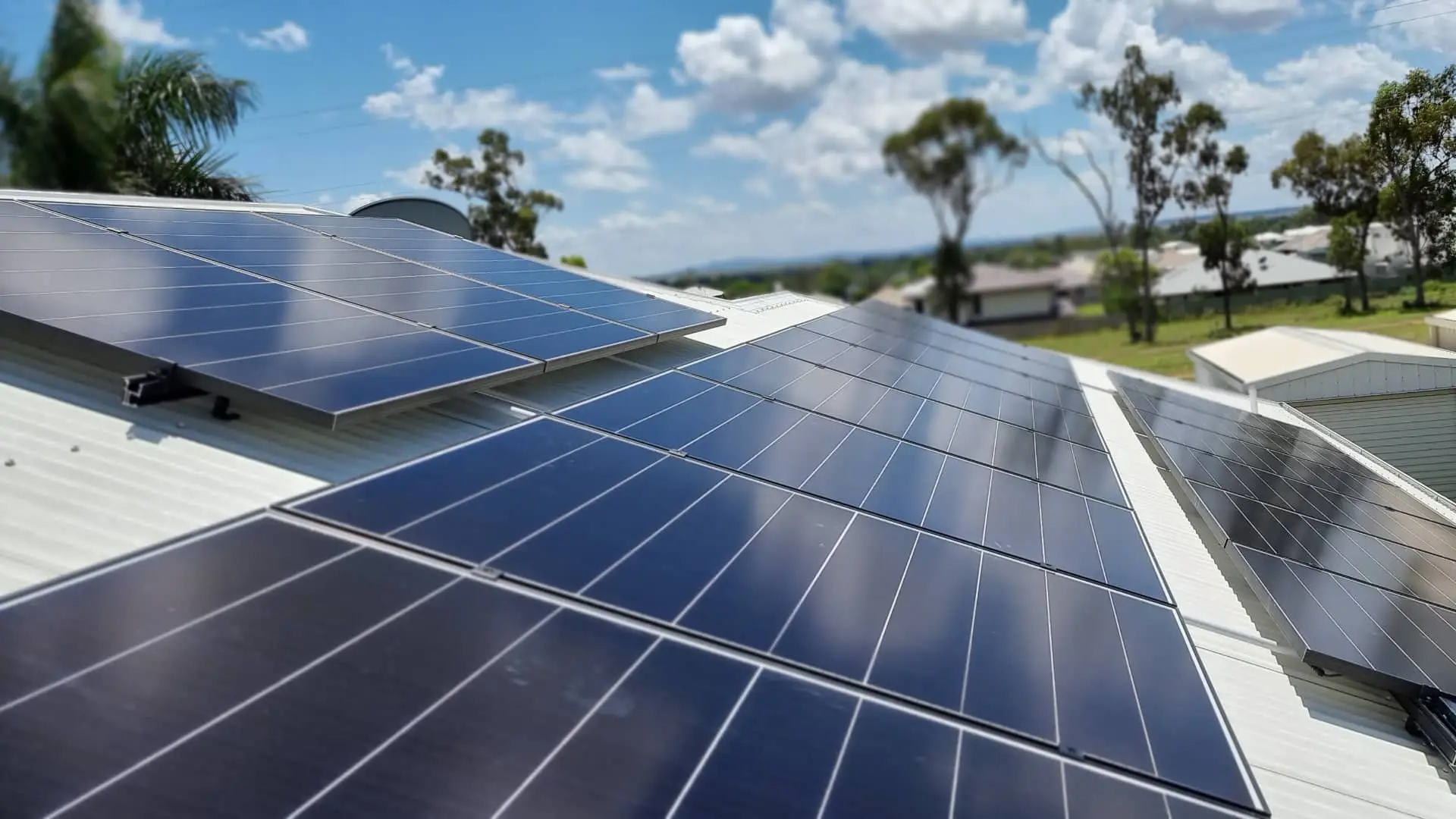More and more business owners are considering solar power, for a ton of very good reasons. It can save money, lead to greater sustainability and energy independence, and it’s good for the environment.
It seems like a no-brainer. For many business owners, though, there’s a big question. Since many business premises are leased, will solar provide a return on investment within the lifetime of the lease? Or could you be forced to vacate your premises before you’ve even made back the money you invested in your solar panels?
In this article, we’ll answer that question. We’ll look at the likelihood of most businesses breaking even on their solar investment before their lease is up, and the factors that play into that.
How Long is a Typical Lease?
The first thing to consider is the length of your lease. For most businesses in Australia, a lease tends to last for 8 to 10 years, although there is a lot of variation here.
If you want to install solar panels, you’ll want to at least break even on your investment — and ideally start saving money on your energy bills — before your lease is up. Otherwise, you’re essentially just paying for someone else’s solar panels.
How Long Does It Take to Get an ROI on Your Solar Panels?
Solar panels can last for more than 25 years, and the technology is improving all the time. But how long does it take for the money saved by your panels to offset your investment? That depends on a few different factors:
- How much of your lease is left? If you decide to install your panels at the very beginning of the lease, you’ll likely get a return on your investment before the end of the lease. Install them right before the end, and it’s far less likely.
- Energy costs. If the cost of energy in your area is high, you’ll save more money by installing solar panels, which means you’ll hit a return on investment quicker. If you live in an area with low energy costs, it’ll take longer to reach that point.
- How big is your solar system? A larger system will generate more energy and therefore more savings, but it’ll also cost more to install.
- The energy consumed by your building. If your building requires a lot of energy to run, you’ll save more money by switching to solar, which will allow you to hit a return on your investment faster. If your building consumes less energy, this will take longer.
So, what’s the average? It’s tough to get an accurate figure, but it seems that most solar customers in Australia take about 4 years to break even on the costs of purchasing and installing solar panels.
However, it can take longer due to the factors mentioned above, and up to 10 years is not unusual. It’s important to consider this in relation to the length of your lease when making the decision to switch to solar.
Making The Decision
As a business in leased premises, adopting solar energy can be an excellent choice. If you’re at the beginning of your lease, already use a lot of energy, and pay high rates for energy from the grid, switching to solar might be a great financial decision.
Ultimately, it’s something you’ll have to figure out for yourself. Take the time to assess your spending and look at the cost breakdown of installing solar panels.
Working with an expert can be extremely helpful here. At SnapSolar, we help businesses work out if solar is right for them. We’ll walk you through the many complicated stages of assessing your costs and deciding if solar represents a smart financial choice for your business. We’ve done this for countless businesses in Mackay and the surrounding Queensland area.
Get in touch with us to find out more about how we can help and get started today.
get a free
quote
Complete the form and our team will
contact you to arrange a site visit or
give us a call on 1300 076 279
Related Articles.

Do Solar Panels Work on Cloudy Days?

Jackson Wyer

The Latest Range of Solar Batteries at SnapSolar 2023

Jackson Wyer

What Is Solar Energy?

Jackson Wyer
